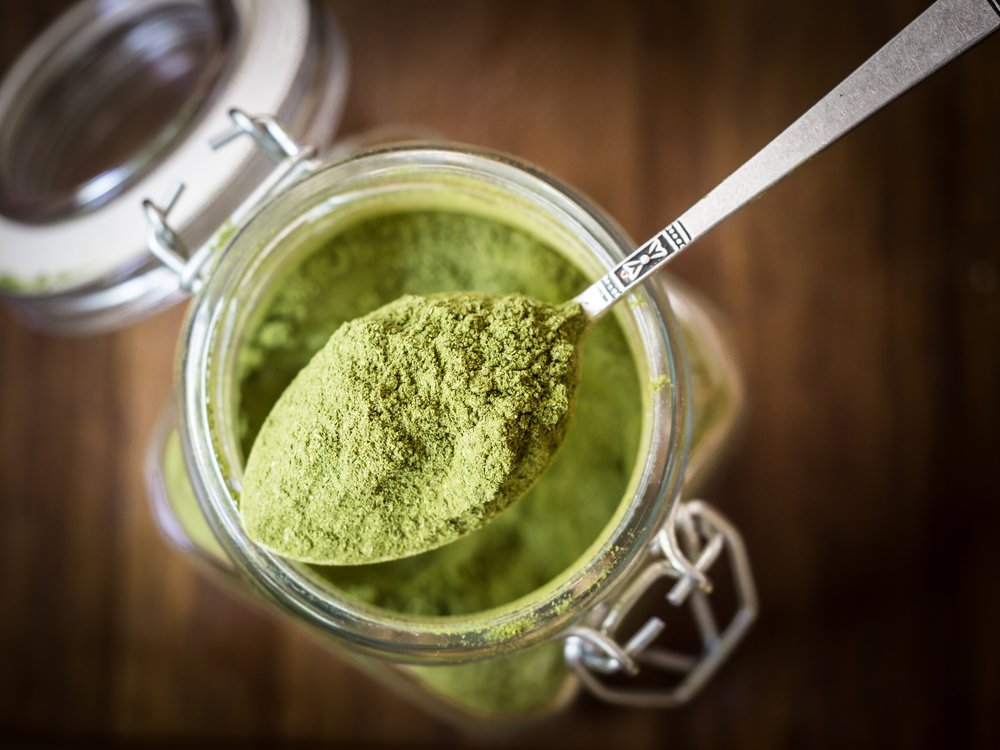
Everything You Need To Know About Spirulina
Spirulina is a 100% natural and nutrient dense salt water plant algae, or ‘Arthrospira platensis’ to give its full scientific name. The name spirulina comes from observation of the structure of the spiral filaments it contains. Spirulina is fast becoming a prominent addition to health supplements around the world and is widely considered as a superfood.
Benefits of spirulina
Cholesterol lowering properties

Nakaya et al. carried out the first ‘In vivo’ study (on humans) researching spirulina supplementation on its cholesterol-lowering effect and its associated effects on diabetes. [1]. 15 male volunteer subjects were supplemented with 4.2g of spirulina per day for 8 weeks. The results returned showed that although HDL (Good cholesterol) did not increase, a significant decrease was observed in the LDL levels of the subjects.
Mani et al. further noted, supplementation of spirulina reduced the HDL:LDL ratio in 15 diabetic subjects.
Anti-inflammatory properties
A recent study (randomised double-blind placebo controlled trial) published in the “Journal of Food Medicine” [1] had subjects with allergic rhinitis (Internal nose inflammation due to an allergy) supplement with either a placebo or spirulina (either 1000mg or 2000mg a day) for 12 weeks. Results showed a 32% reduction a cytokine called IL-4. With this cytokine responsible for ‘Innate immune response in mucosa’, the results show how spirulina is beneficial in lowering allergic response to stimulus in allergic rhinitis suffers. [3]
Although a number of studies have shown the effectiveness of spirulina in allergic rhinitis suffers, no ‘In vivo’ studies have been conducted on the antiviral properties of this alga. An ‘In vitro’ study on the aqueous extract (water extract) of S. platensis (Spirulina platensis) discovered a component called calcium spirulan (Ca-sp) blocked the replications of viruses such as Herpes simplex 1, measles and mumps.
Anti-cancer properties
Several studies have shown that spirulina may theoretically be able to prevent or at least inhibit cancer. However, the studies carried out were ‘In vitro’; therefore further studies on human subjects are required to replicate the studies in a test subject. [4]
Getting spirulina into your diet
To benefit from the spirulina, look no further than Super Greens. Containing 23 super foods, spirulina powder tops the ingredients list while a single 7.5g scoop is the equivalent to your daily intake of 5 fruit and vegetables. Forget about worrying about the grass taste of other greens products, ‘super greens’ comes in 3 flavours (mandarin orange, pomegranate and cranberry and tropical punch) all designed to satisfy any taste bud.
References
[1] P.D. Karkos, S.C. Leong, C.D. Karkos, N. Sivaji and D.A. Assimakopoulos “Spirulina in clinical practice: Evidence- Based human applications”
[2] Lei Li et al. “Spirulina can increase total-body vitamin A stored of Chinese school-age children as determined by a paired isotope dilution technique”
[3] T.K. Mao, J. van de Water, and M.E. Gershwin, “Effects of a spirulina- based dietary supplement on cytokine production from allergic rhinitis patients”
[4] S.K. Ali, and A.M. Saleh, “Spirulina- An overview”


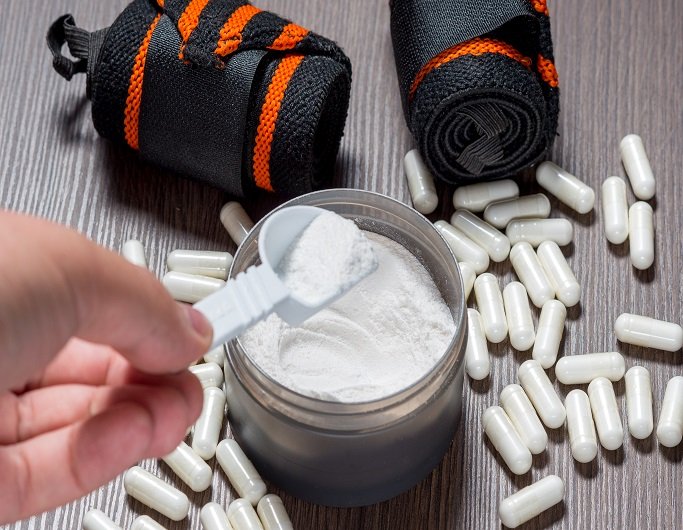
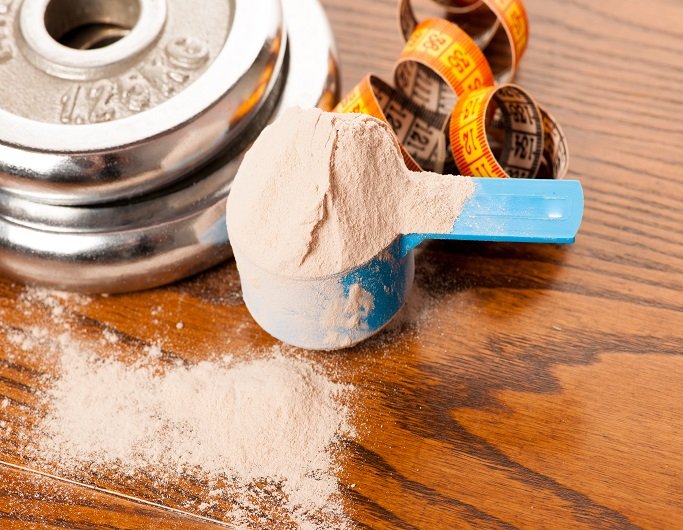
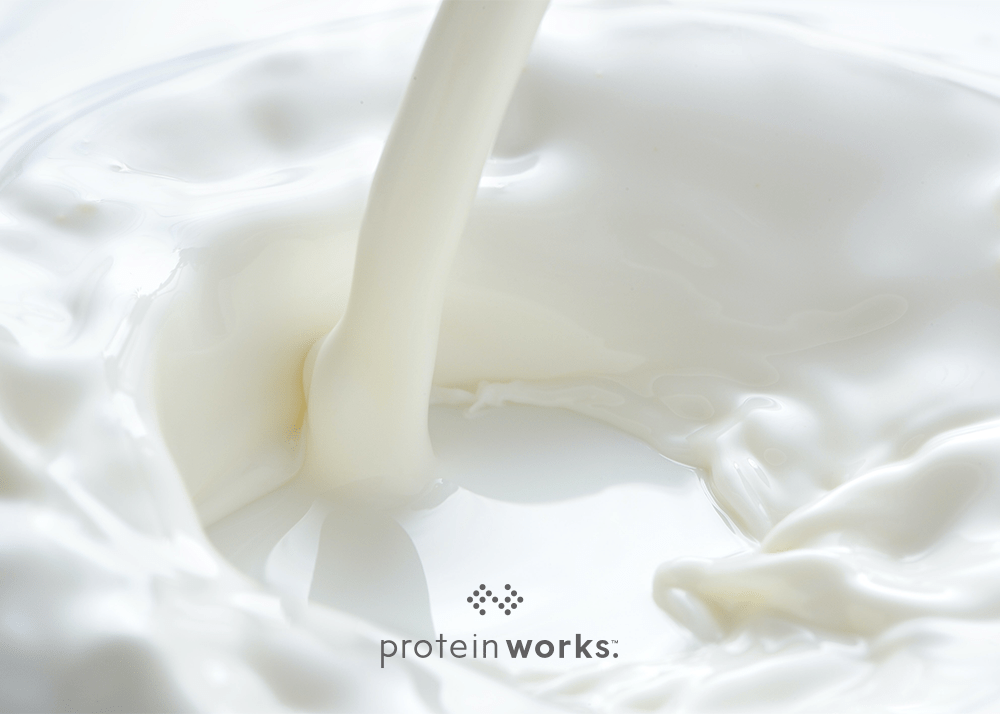
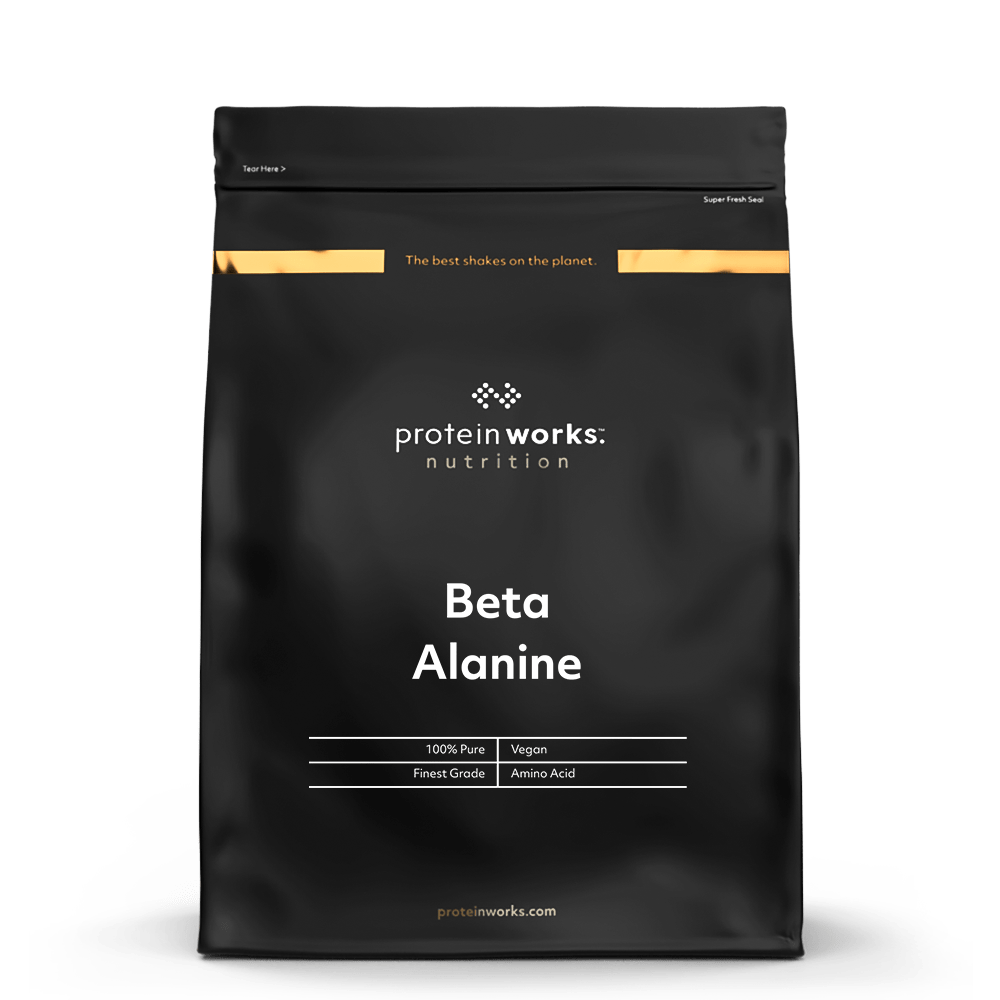
No Comments yet!